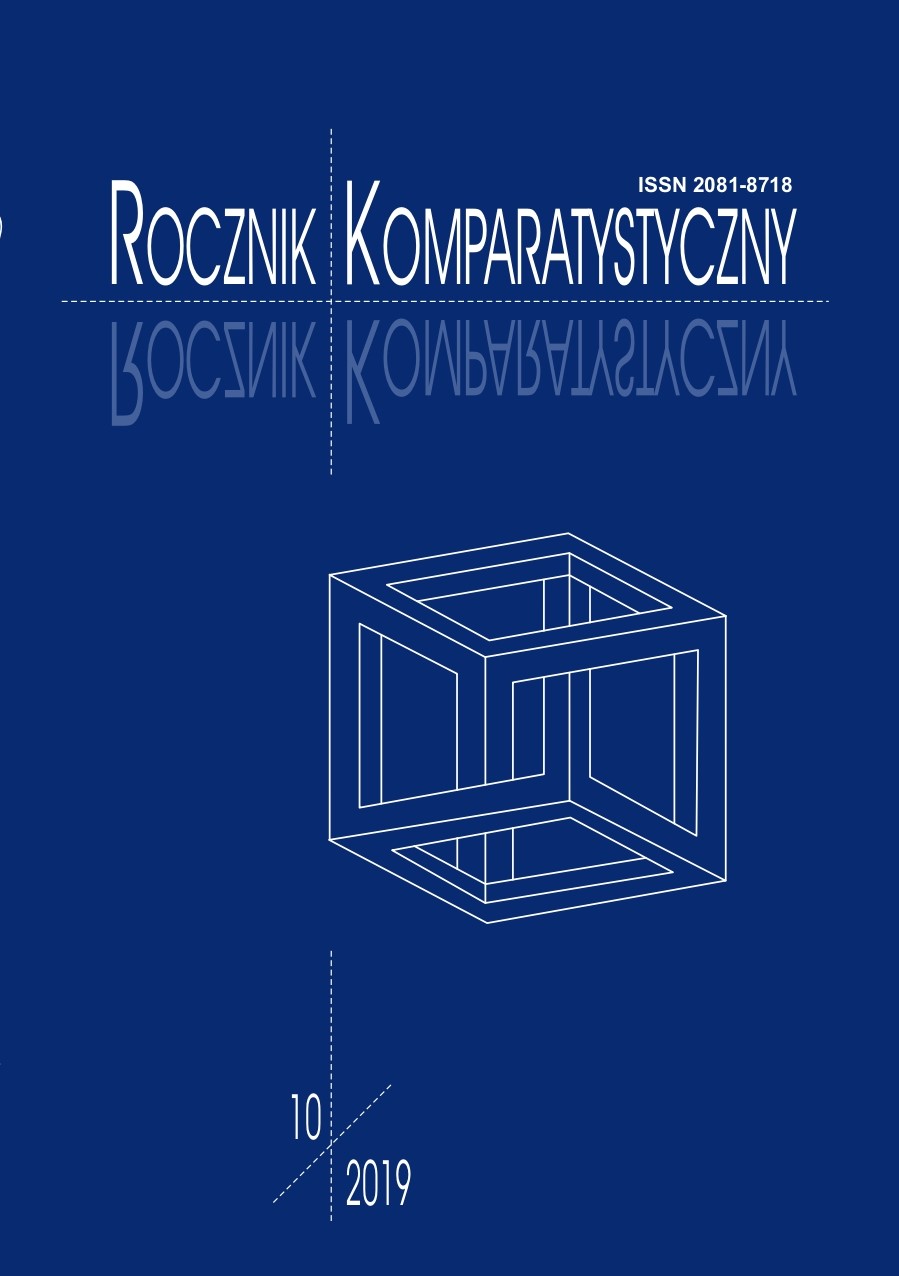Intymna obcość. Figura matki w powieści Frascati Ewy Kuryluk
Intimate Strangeness. The Figure of the Mother in the Ewa Kuryluk’s Frascati
Author(s): Izabela SobczakSubject(s): Language and Literature Studies, Studies of Literature, Comparative Study of Literature, Polish Literature
Published by: Wydawnictwo Naukowe Uniwersytetu Szczecińskiego
Keywords: a mother-daughter relationship; Stranger/strangeness; autobiography; trauma; postmemory
Summary/Abstract: The article examines a mother-daughter relationship in Ewa Kuryluk’s autobiographical novel Frascati using the term “strangeness” as a methodological tool. Maria Kuryluk (Miriam Kohany), a Holocoaust survivor, who keeps her real Jewish identity as well as her pre-war life secret from her progeny, is partly a “stranger” – using Julia Kristeva’s term – in biography of her daughter. As a Jewish woman, a wife of the high-ranking socialist in the communist Poland, but also an unfulfilled artist who suffers from mental illness, Maria experiences many types of exclusion on both the social and the private field. The unspoken trauma and the hidden identity strongly influence the bond with her daughter, Ewa, burdening her with a painful past and a traumatic memory (postmemory). Kuryluk as a writer has to face the ambiguous status of this mother-daughter relationship – strange, yet still intimate – to create a feminine, transgenerational story, both for her mother and herself.
Journal: Rocznik Komparatystyczny
- Issue Year: 2019
- Issue No: 10
- Page Range: 103-121
- Page Count: 19
- Language: Polish

